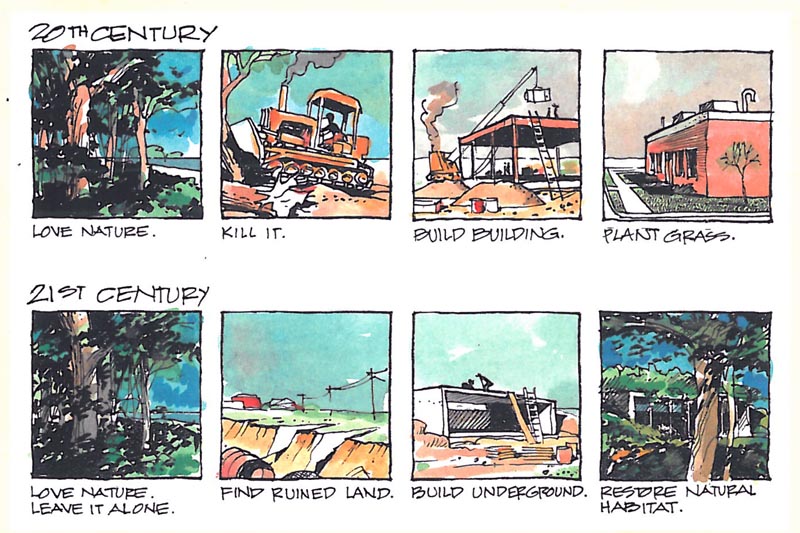





















"the qualities of these bacteria, like the heat of the sun, electricity, or the qualities of metals, are part of the storehouse of knowledge of all men. They are manifestations of the laws of nature, free to all men and reserved exclusively to none." SCOTUS, Funk Bros. Seed Co. v. Kale Inoculant Co.












Brenda
Bloom where you are planted.
http://restfultrailsfoodforestgarden.blogspot.com/




travisr wrote:Climate wise California is very amazing. Although land and living in Cali is more expensive.
"the qualities of these bacteria, like the heat of the sun, electricity, or the qualities of metals, are part of the storehouse of knowledge of all men. They are manifestations of the laws of nature, free to all men and reserved exclusively to none." SCOTUS, Funk Bros. Seed Co. v. Kale Inoculant Co.








So far I was thinking important factors would be:
Building codes
cost of land
climate
water availability
sunny days out of the year
personal bias




Jami McBride wrote:
one more thing to consider besides water availability is the water rights.
Seems here in Oregon the water that hits the ground belongs to the state.
The Water Code
Under Oregon law, all water is publicly owned. With some exceptions, cities, farmers, factory owners, and other water users must obtain a permit or water right from the Water Resources Department to use water from any source— whether it is underground, or from lakes or streams. Generally speaking, landowners with water flowing past, through, or under their property do not automatically have the right to use that water without a permit from the Department.
Water use and management is a huge factor in homesteading any land.










Sustainable Plantations and Agroforestry in Costa Rica

|
Goodbye moon men. Hello tiny ad:
The new kickstarter is now live!
https://www.kickstarter.com/projects/paulwheaton/garden-cards
|





